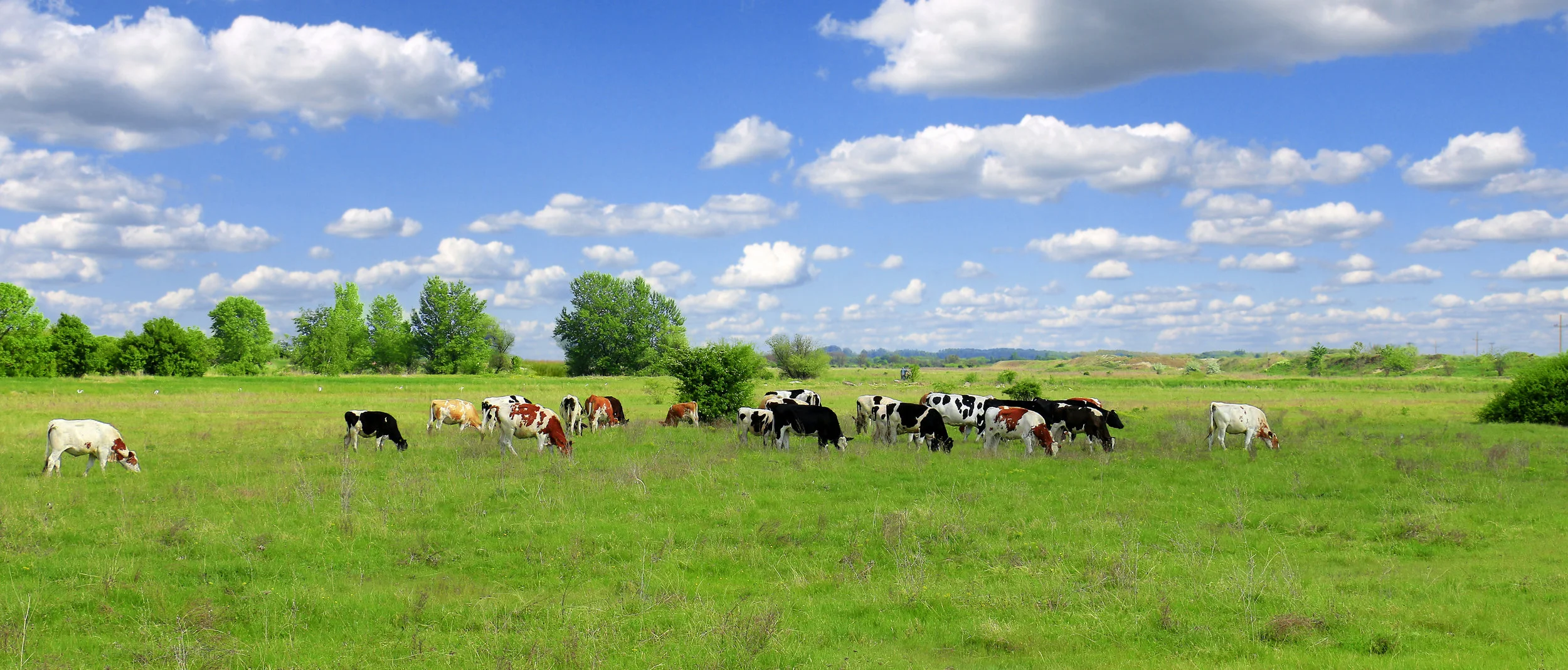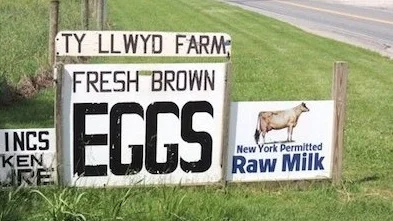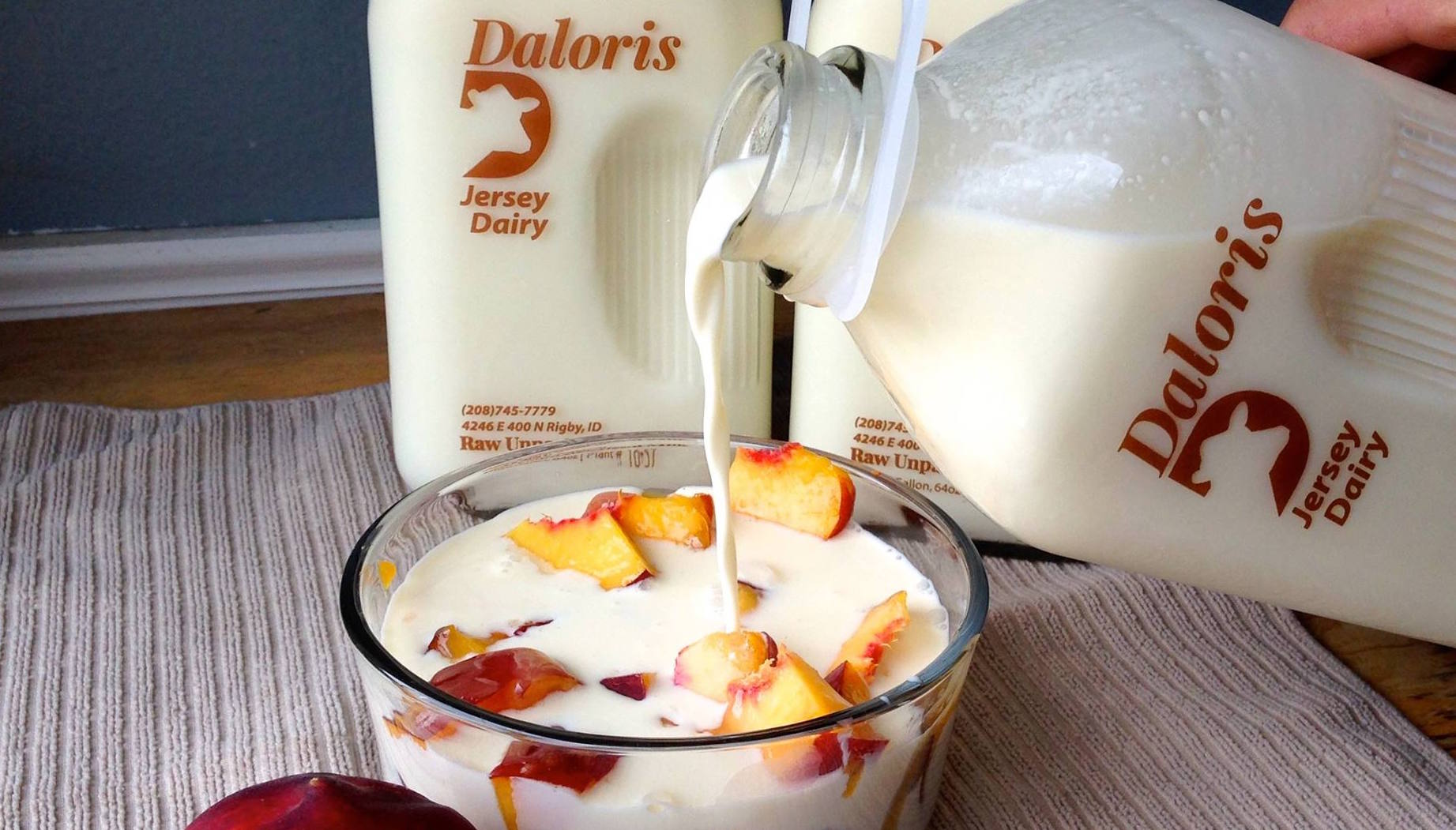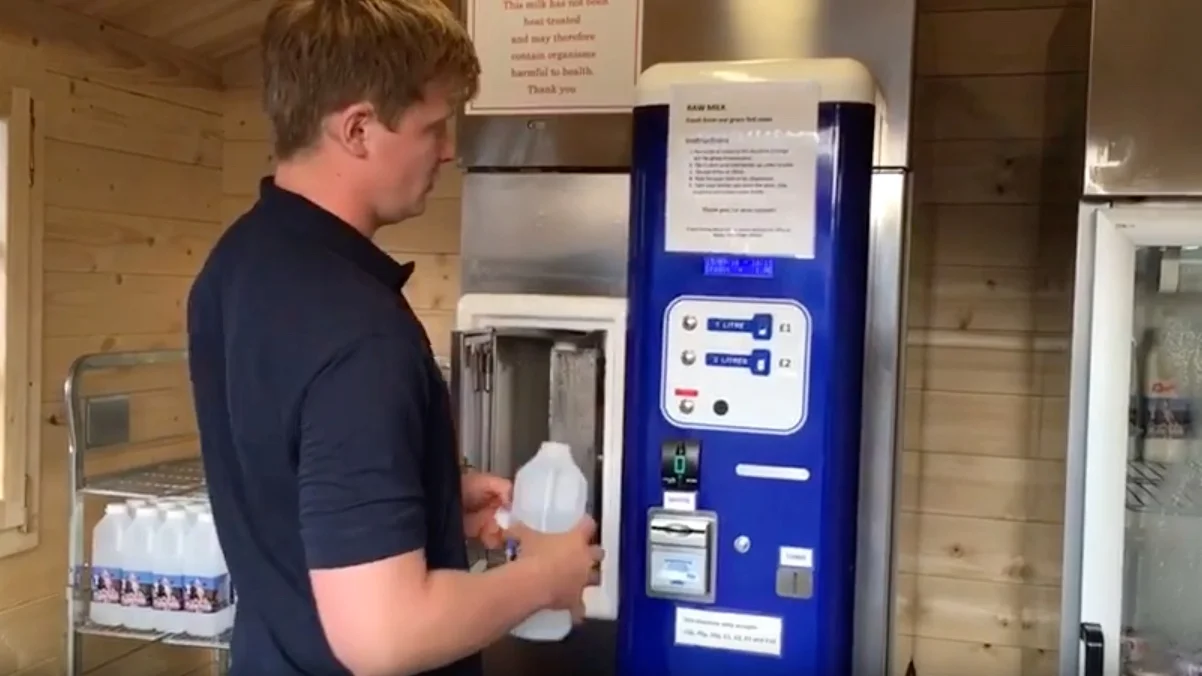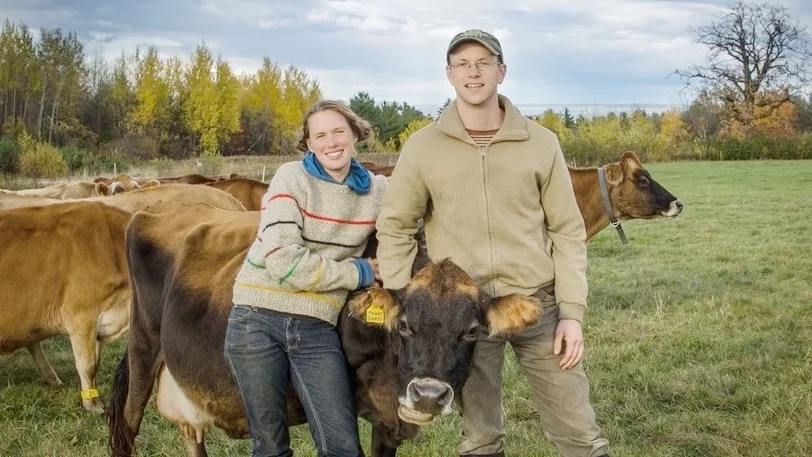ARMM have received permission to publish this open letter to Australian Agriculture Minister Barnaby Joyce, from May 2016 by microbiologist Dr. Ron Hull. This is in response to the heartbreaking ABC article: Inside Australia's 'horrendous' dairy crisis.
Letter to Barnaby Joyce aa
16 May 2016 AA
OPEN LETTER
25/5/16
Australian dairy farmers and consumers are getting a very raw deal. Change the rule mandating pasteurisation of all farm milk, as it has no scientific basis in public health and causes an unlevelled playing field.
Australia's current dairy regulations benefit processors and retailers, while disadvantaging farmers and consumers. The Canadian Government highlighted these negative aspects of deregulation seen in Australia and New Zealand when it decided against deregulation of its dairy industry around 2010 (footnote 1).
Removing this rule will allow farmers to make direct sales to the public and control their own financial destiny. Micro-dairies could flourish as they do elsewhere in the world.
When the Australian dairy industry was de-regulated in 2000 a key aspect of the previous financially regulated system was not removed. I am referring to the statute requiring all farm milk to be pasteurised before processing and sale to consumers (footnote 2). This rule was of great financial benefit to Australian dairy farmers and their Co-operative factories by standardising product quality, but it was applied selectively by regulatory authorities only to export products, and some city drinking milk. Since deregulation in 2000 the newly created State regulatory authorities and FSANZ have incorrectly interpreted this rule to have been based on public health science, and have increasingly applied it to all dairy products. This is incorrect.
Mandatory pasteurisation has no scientific basis in public health. Raw drinking milk, raw milk cheeses and raw milk yogurt were all sold legally in Australia under the previous financially regulated system before 2000, without public health problems. Most of Australia's 6000 dairy farmers and their families drink raw milk without health problems. In support of this fact, the UK Government, after a review in 2014, classified raw drinking milk as a low risk food (footnote 3). Raw milk cheeses and raw milk yogurts are sold legally around the world as premium products with acceptable public health outcomes. Another anomaly is that raw goat drinking milk is legally available in Australia.
What is needed? The mandatory pasteurisation rule should be immediately repealed by the States. Public health is adequately protected by other existing statutes. Removing this rule will allow farmers to make direct sales to the public and control their own financial destiny. Micro-dairies could flourish as they do elsewhere in the world (footnote 5). The change will allow farmers and micro-dairies to have a point of difference with raw drinking milk, raw cheese and raw yogurts. These premium products are increasingly being sought by consumers as true sustainable and healthy dairy foods.
Dr Ron Hull
Principal Consultant Microbiologist,
Ron Hull & Associates
8 Park Road, Mount Waverley, Victoria, 3149, Australia
Phone: 0428 319 063
Previously Head of Dairy Microbiology at CSIRO. 1974-1994.
Footnotes
1. Canada has mandatory pasteurisation of all farm milk, but unlike Australia has not de-regulated its dairy industry deciding in 2009 that deregulation has no benefits to farmers and consumers but allows processors, distributors and retailers to expand their margins.
An International Comparative Analysis of the Regulation in the Dairy Sector
2. Mandatory pasteurisation of all farm milk was introduced in Australia as an international marketing policy following the multiple baby deaths in the 1960s from Salmonella found In milk powders used as infant formula. This policy was later adopted in other exporting countries such as New Zealand and South Africa. Although not published, the source of the Salmonella was later found to be post-processing contamination. Pasteurisation was of no use in controlling the problem.
3. UK report on safety of raw drinking milk 2014 contradicts FSANZ opinion that raw cow milk is high risk.
Update on FSA review of controls for Raw Drinking Milk
4. Mandatory pasteurisation has been benefiting the big pasteurising industry since deregulation in Australia, but greatly restricts dairy farmer choices for avoiding crippling low prices. All dairy farmers are forced either to supply the factories, or to pasteurise their milk before sale to consumers. Low volume pasteurisers are expensive and labour intensive. The major Co-ops have been outbidding each other to pack and supply private label milk to the supermarkets. Private label is the supermarkets' own brand which at $1 per litre and used as a loss leader has quickly displaced the milk companies own brands that sell for twice that price but still no more expensive than bottled water. As a result of their failed marketing strategies the two major Coops operating in Australia, Murray Goulburn and Fonterra, have announced in the last 2 weeks devastating retrospective cuts of over 10% to milk prices paid to around 3,000 farmers since July 2015. This is about $125,000 per farmer and is a more severe cut than the last step-down in Australian milk prices in 2009. The founding CEO of Murray Goulburn Co-operative, Jack McGuire, argued against deregulation saying that in a deregulated market "the Co-operative leaders will climb over each other's dead bodies to supply the supermarkets."
5. Examples of profitable micro-dairies overseas: Organic Pastures in California is an example of a flourishing micro-dairy. A family business selling raw dairy products from a 500 cow herd with an annual turnover of US$12m, employing 70 people and supplying 700 stores. A 500-cow dairy farmer in Australia would achieve only 10% of that turnover.
http://www.organicpastures.com
In the UK, Steven Hook (Hook & Son) makes a comfortable living selling raw drinking milk from a herd of 70 cows.
Four Corners: Milked Dry
Four Corners investigates the corporate failure that pushed the dairy industry to the brink of ruin. The story 'Milked Dry' is about dairy farmers who are selling their herds and leaving the industry as the price they are paid for milk falls well below the cost of production, sending farmers into debt and despair. The link to the full 'Milked Dry' story is at the bottom of this page.
#4Corners: Dairy farmer Rod Newton estimates he’ll have to pay back Murray Goulburn around $300,000. #DairyCrisis pic.twitter.com/MxHN7lqaeB
— 4corners (@4corners) August 15, 2016
#4Corners now on @ABCTV and @abciview pic.twitter.com/SGju1vwotH
— 4corners (@4corners) August 15, 2016
On #4Corners now: The mismanagement that's led the dairy industry into despair.@DevondaleMG #DairyCrisis pic.twitter.com/rGGHSMj4Xj
— 4corners (@4corners) August 15, 2016
Corporate failure drives dairy farmers to the wall. Milked Dry, tonight on #4Corners #auspol pic.twitter.com/4rvRLSi7xQ
— Sally Neighbour (@neighbour_s) August 15, 2016
$1 milk might be good for customers, but dairy farmers are going broke. Milked Dry, tonight on #4Corners #auspol pic.twitter.com/9wWjhFrHzG
— Sally Neighbour (@neighbour_s) August 15, 2016
The inside story of how the dairy industry has bled milk farmers dry, next on #4Corners #dairycrisis pic.twitter.com/oWd0ZbPTvA
— Sally Neighbour (@neighbour_s) August 15, 2016
Related Articles:
==> Four Corners: Milked Dry FULL STORY <==
Volunteers reach out to dairy farmers across Victoria, delivering hampers and providing support
Inside Australia's 'horrendous' dairy crisis
Four Corners: Dairy farmers forced to sell up in face of plunging milk prices
Video: 'Milked Dry': The awful price being paid by Australian dairy farmers for the milk we drink
Dairy farmers trapped in 'demoralising' industry
One year on: Why we've started buying cheap milk again
One year on: Murray Goulburn to close factories and shed staff in Tasmania and Victoria
